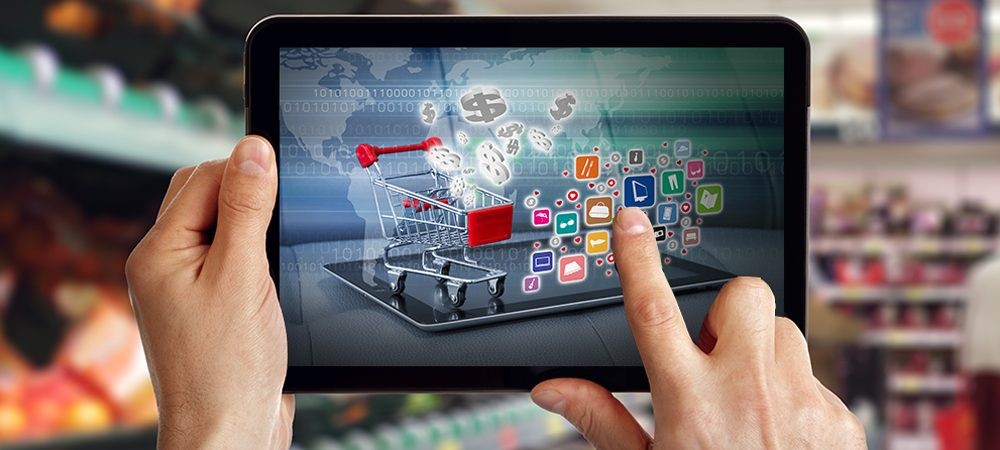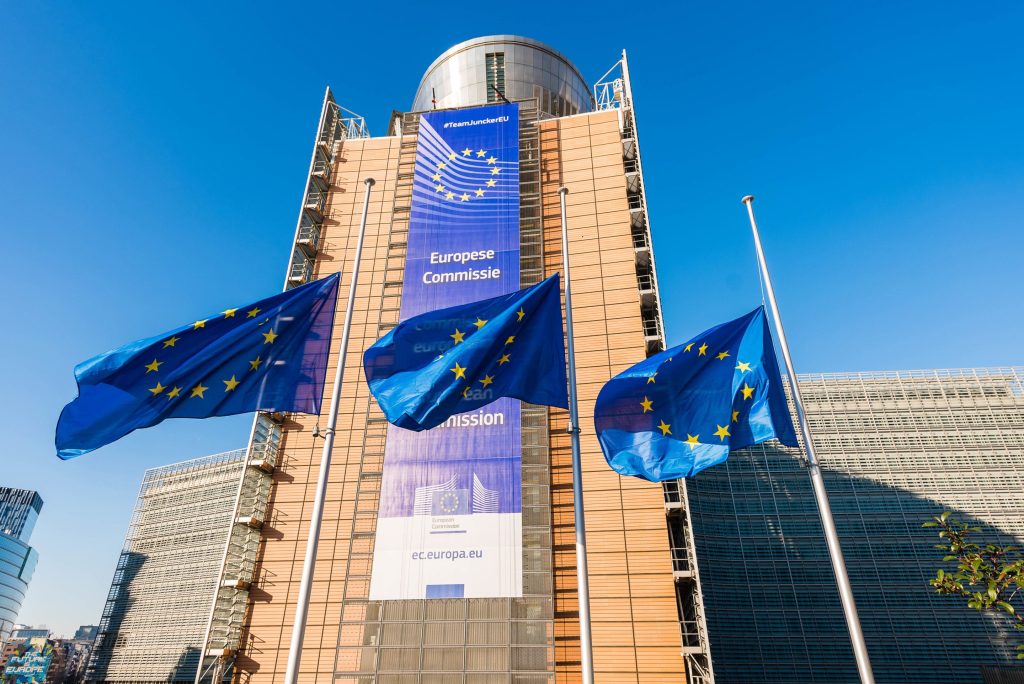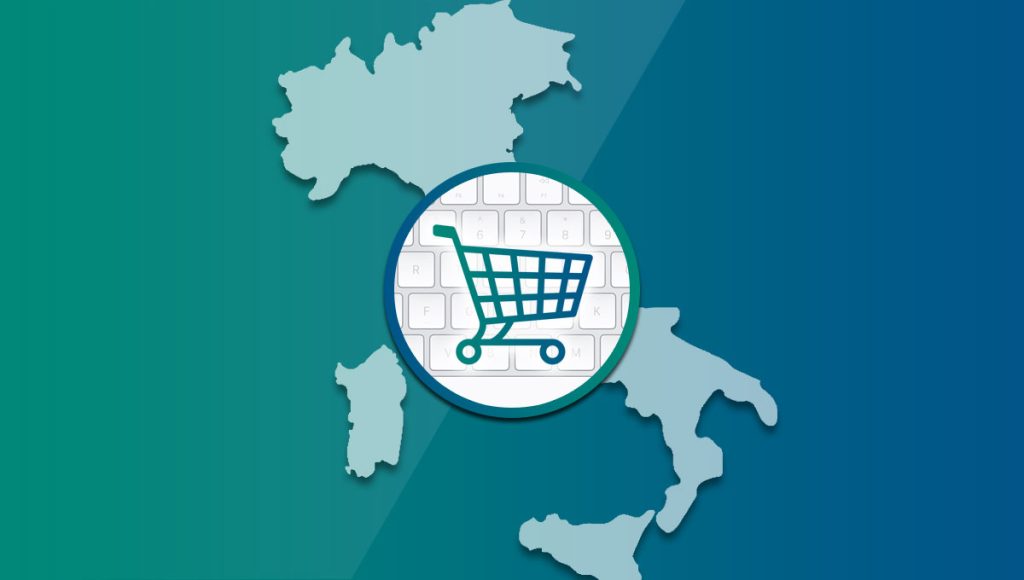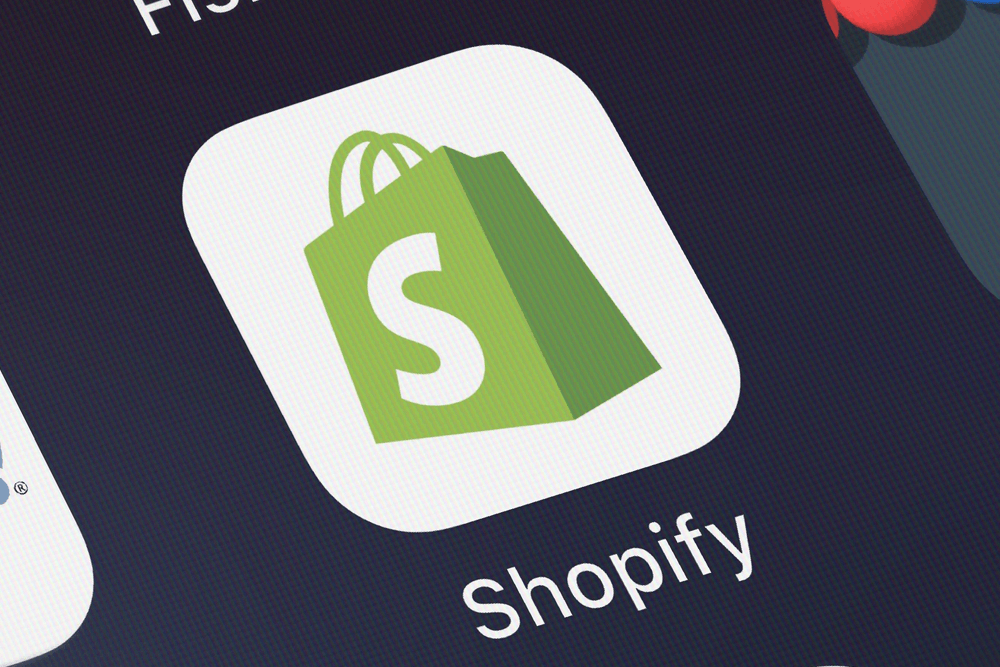
The European ecommerce markets that are most developed by penetration rate.
In 2022, the six biggest ecommerce markets in Europe generated 72 percent of the total European ecommerce spend. They are the UK, Germany, France, Italy, Spain and the Netherlands.
There are large differences between these six markets. The United Kingdom and Germany are the largest markets, both having a share of 28 percent on the total European ecommerce spend in 2022. The other four markets account for a quarter of spending.
The United Kingdom and the Netherlands have returned to their pre-pandemic growth trends, and emerging markets, like Italy and Spain, are still growing above trend.
These data come from the E-commerce in the Post-Pandemic Era report by CBRE. This research looked at the state of ecommerce in Europe before and after the coronavirus pandemic.
When looking at the markets and the impact of the pandemic, it seems that developed markets have seen small increases.
Ecommerce penetration means the percentage of total retail sales via online channels as opposed to in-store ones. As for The UK, if the growth trend from 2015 to 2019 had continued, the UK’s ecommerce penetration would now stand at 25 percent at the end of 2022. However, the actual figure is 27 percent.
According to the pre-pandemic trend, the German ecommerce market would have a penetration rate of 15 percent by the end of 2022. The actual figure came to 17 percent.
The market in the Netherlands is back to its pre-pandemic trend. It saw no additional growth as a result of the pandemic.
Meanwhile, countries with emerging ecommerce markets saw the largest relative increases. Spanish ecommerce would have a penetration rate of 9 percent, according to the pre-pandemic trend. The actual figure was 12 percent. For Italy, those figures were 8 and 10 percent respectively. Together, these markets make up 11 percent of the total European ecommerce spend.








